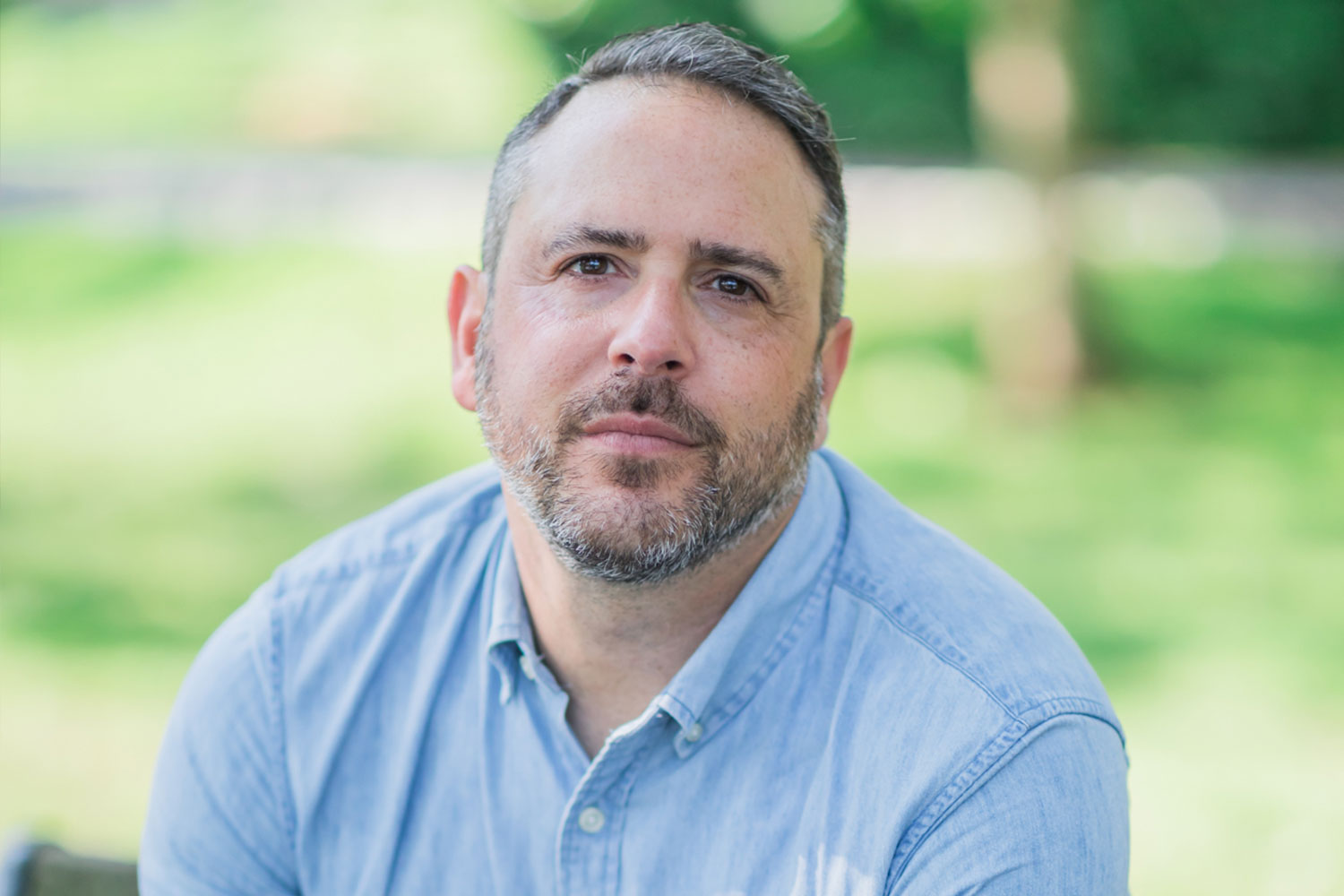Danny Sapani: Five Reasons to See … Andersen’s English
Actor Danny Sapani’s numerous stage credits include The Overwhelming, His Dark Materials and Antony and Cleopatra at the National Theatre, the title role in Macbeth for Out of Joint, Big White Fog at the Almeida, To the Green Fields Beyond at the Donmar Warehouse, Neverland at the Royal Court, and Measure for Measure for Cheek by Jowl.
On television, he has appeared in Misfits, The Bill, Holby City, Little Britain, Blue Murder, Serious and Organised, Ultimate Force, Judge John Deed and Trial and Retribution II. His films include The Oxford Murders, Song for Raggy Boy, Anansi and Hotel.
Sapani is now playing Hans Christian Andersen, whose visit to Charles Dickens’ family home turns out to have far-reaching consequences, in the world premiere of Irish writer Sebastian Barry’s latest play, Andersen’s English, which has now opened at Hampstead Theatre at the conclusion of a national tour. The Out of Joint production is directed by Max Stafford-Clark.
Here Sapani gives us his five reasons why you should see it…
1. The play offers the audience many layers of truth. At times we are in a dream-like, lyrical world, and at other times an in-depth and honest depiction of a family in crisis. We enter the story via the memory of Hans Christian Andersen: a great writer and storyteller, drastically out of his depth because of his inability to understand or make himself understood in English. How reliable is his account? As we try to piece together the events of his visit to Charles Dickens’ family home at Gads Hill in 1857, we catch glimpses of the turbulence surrounding the Dickens family. It is a story of great passion, love and loss.
2. The character, Hans Christian Andersen. I read a draft of this play two years ago and fell in love with the part of Hans Christian Andersen; in particular, his gentle heart and the bold lines with which he was drawn. I knew little about the real man at this point. I was further encouraged to learn that the playwright’s view was not so much exaggerated: he is and was larger than life. I wanted to learn more about this strange, melancholic, talented man. I related to his yearning to belong. In this version of events, his innocence is touching whilst his unwitting foolishness is hilariously funny.
3. The playwright, Sebastian Barry. I have seen the script change and develop over the past two years, and I love what Sebastian Barry has drawn together. Sebastian has a real gift for conjuring bizarre and wonderful situations in which his characters interact. The events of this story are made all the more wonderful in that they actually took place. Sebastian has filled in the missing gaps with imagination. And it’s so well constructed, and based on years of study, infused with wit, art, creativity and personal experience. The success of Andersen’s English as a play is not only that it brings historical figures to life, but that, through a process of understanding, we learn to love them too.
4. The director, Max Stafford-Clark. Andersen’s English is the third production in which Max Stafford-Clark and I have worked together. The previous two, Macbeth and The Overwhelming, were not only critically acclaimed but were also very fulfilling personally. Max’s direction continues to surprise and excite, but what amazes me most is the freshness he brings to each new project. A product, I believe, of a continued, genuine openness to the world at large and a forensic uncovering of its variegated detail. One learns so much in such a short space of time; and familiar territory in terms of style also affords greater freedom to explore creatively. So, I am delighted to be back.
5. And finally… the company. This fabulous cast is also led by David Rintoul and Niamh Cusack as Charles and Catherine Dickens. Plus, the music of Thomas More. It is sure to be a theatrical event of the year.
Following a regional tour, Out of Joint’s premiere production of Andersen’s English runs at north London’s Hampstead Theatre from 8 April to 8 May 2010 (preview 7 April). A version of this interview originally appeared on our North-west microsite.










